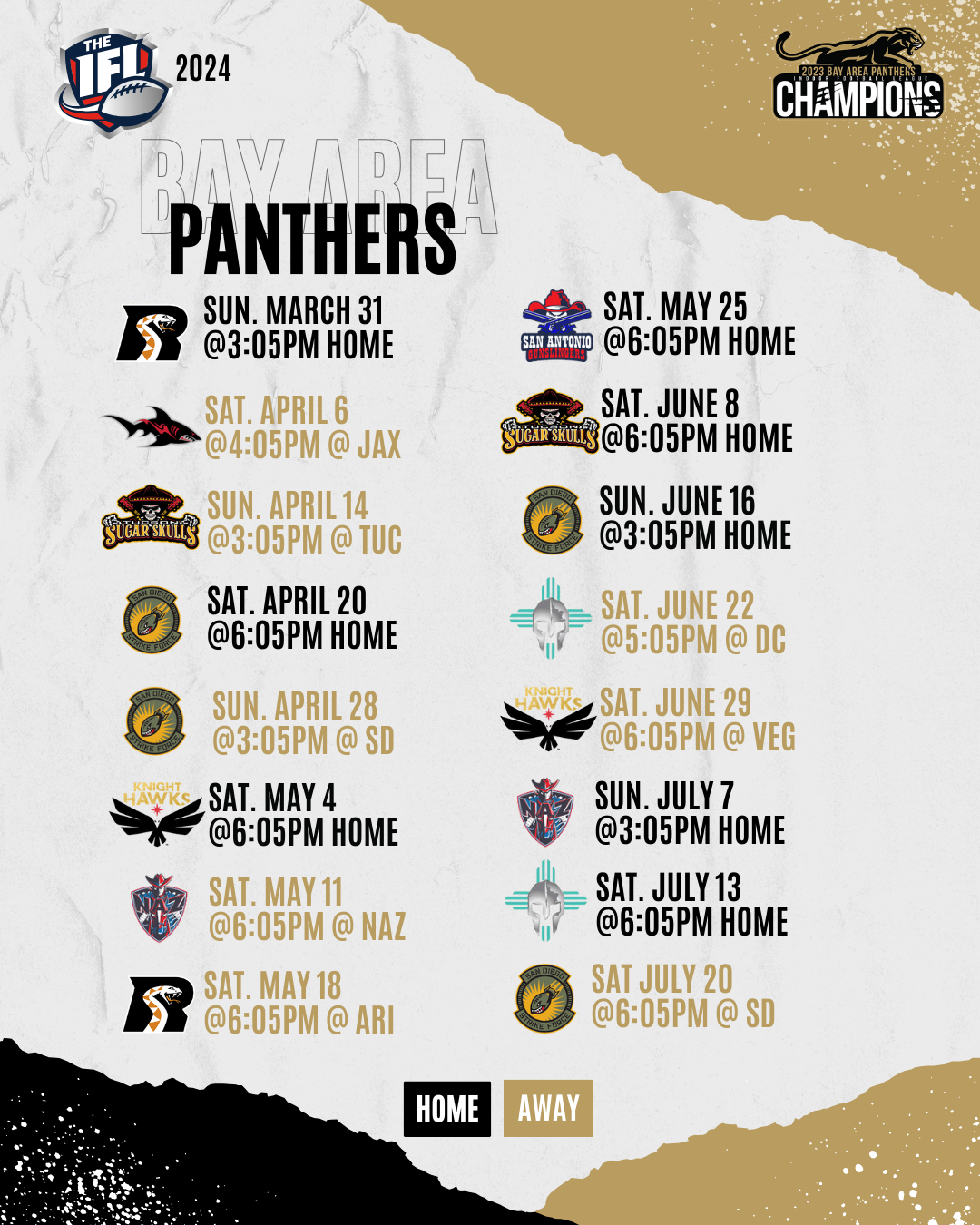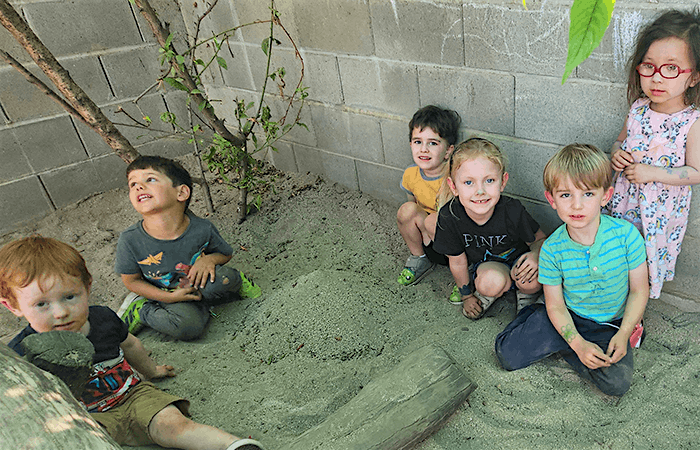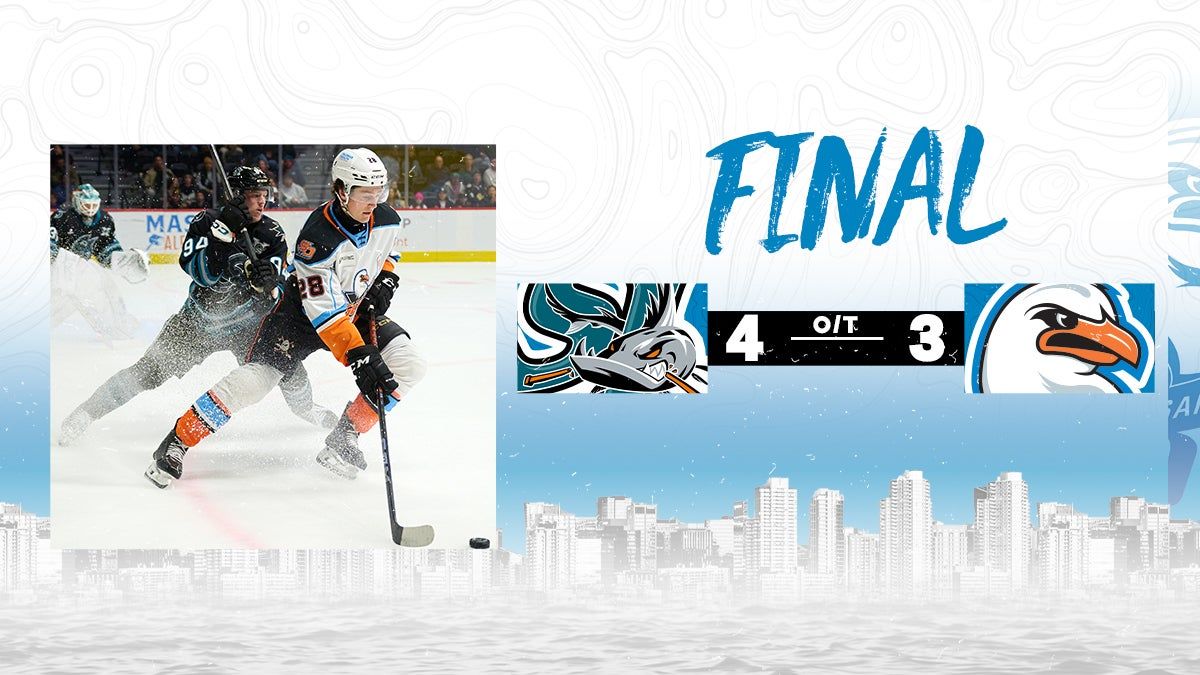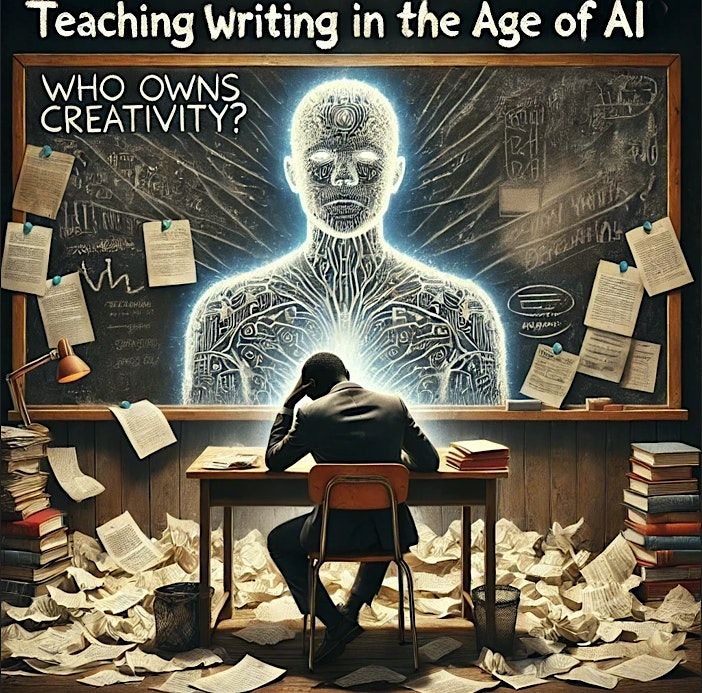
About this Event
Teaching Writing in the Age of AI
The first 25 teachers who sign up and attend will receive $100 stipends for their participation. In addition, all attendees will receive a complimentary copy of John Warner’s recent book, More Than Words, which pushes us to think carefully about our craft as writing teachers while emphasizing the humanity of our work.
AI is everywhere. As teachers, it may be difficult to assess where we stand. Some of us are quick to integrate technology into our practice, while others remain skeptical or prefer to avoid it. AI can leave us feeling conflicted. It can also raise fundamental questions about our practice and our role as teachers. Is it conducive to student learning, or does it substitute for the real work? Can it help students build their writing skills, or can it undermine their development? Is it a valuable teacher tool that can increase effectiveness and reduce burnout, or can it take away from the human dimension of planning or responding to students’ ideas? Or, is it all of these things at once?
What ethical dilemmas does AI raise for us, and how can we integrate it responsibly without compromising our values? Our Summer Session aims to invite and address these essential questions:
- How do we maintain our humanity as writers and teachers in the age of AI?
- What does writing, and the teaching of writing, look like in an AI world?
- What would it mean to integrate AI ethically into a classroom?
- How might educators and students benefit from AI as a classroom tool?
- How might we encourage critical perspectives in teachers and students as they consider using these technologies?
Our morning sessions will feature different speakers and perspectives, and our afternoon sessions will be led by teachers and offer pedagogical strategies and ideas for implementation.
Who: Our Summer Session is for secondary teachers in grades 7 - 12. It is free for everyone, and we are excited to offer $100 stipends to the first 25 teachers who register and attend. You can purchase (up to) 3 units from San José State University for university credits that will fulfill expectations towards progress along teachers’ salary schedules.
When: June 23-26 (Monday thru Thursday), 10:00 AM - 2:30 PM with 1-hour lunch break each day
Where: Summer Session 2025 will take place on San José State University's campus in the Sweeney Hall building. Please consult the Campus Map to find our location and suitable parking. We recommend that you enter the campus from the South Entrance (7th Street and San Salvador Street), and turn into the parking garage on your left.
With Special Guest John Warner
An award-winning editor & leading expert on the teaching of writing.
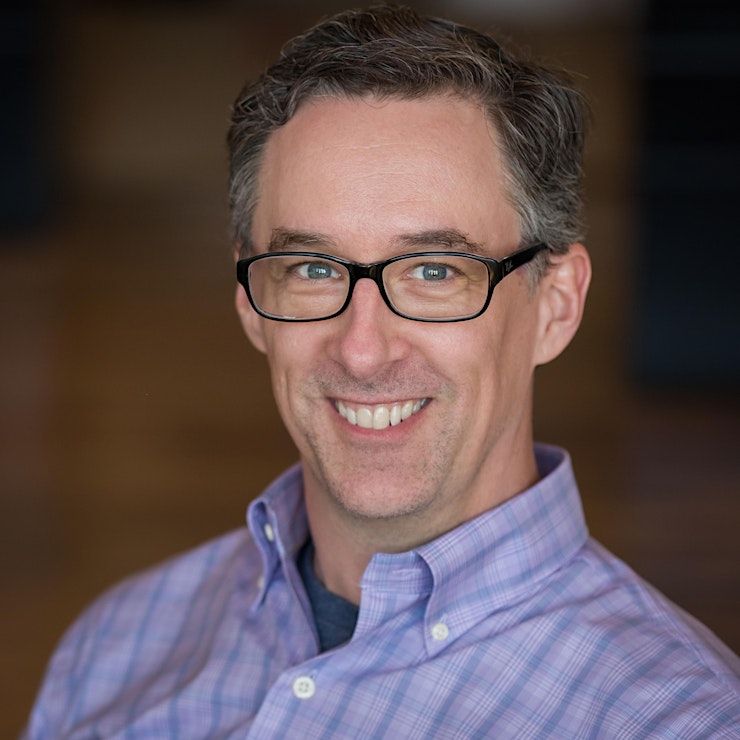
John Warner
“As a public speaker and educator, John Warner is charming, astute and genuine. During his ‘What Do You Have to Say?’workshop, he kept attendees rapt as he offered a mix of practical and encouraging advice. The attendees all left his workshop invigorated to write their way into the world and I couldn’t be more thrilled.”
—Roxane Gay, Ph.D., Gloria Steinem Endowed Chair in Media, Culture, & Feminist Studies, Rutgers University
John Warner is a national voice on the teaching of writing, faculty labor, and institutional values, both as a frequent speaker, and a longtime contributor to Inside Higher Ed where his “Just Visiting” column has run weekly over ten years. He is also the author of Why They Can’t Write: Killing the Five-Paragraph Essay and Other Necessities (Johns Hopkins UP), The Writer’s Practice: Building Confidence in Your Nonfiction Writing (Penguin), and Sustainable. Resilient. Free.: The Future of Public Higher Education (Belt).
A former college instructor with 20 years of experience across multiple institutions (University of Illinois, Virginia Tech, Clemson, College of Charleston), Warner now works as a writer, editor, speaker and consultant. In addition to his work in education, for over a decade he’s been a weekly columnist for the Chicago Tribune, writing about books and the habits of reading as his alter ego, “The Biblioracle.” In 2021 he started an associated Substack newsletter, The Biblioracle Recommends, which was a Substack Featured Publication for 2021.
Presenters
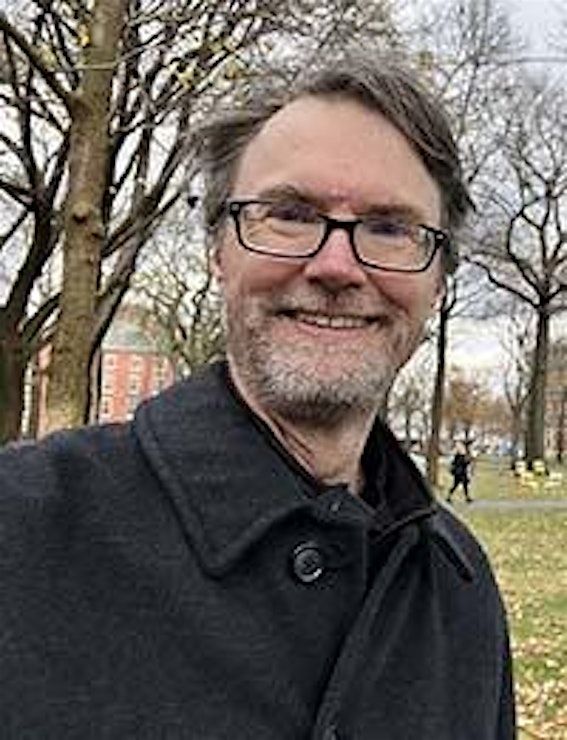
Keynote Speaker: Tom Moriarty
Tom Moriarty is a professor of writing and rhetoric and director of the Writing Across the Curriculum program at San Jose State University. He teaches writing courses for both majors and non-majors, and pedagogy classes and workshops for graduate students and fellow faculty members on the theory and practice of teaching writing. He is the author or editor of two academic books -- Finding The Words: A Rhetorical History of South Africa's Transition From Apartheid to Democracy and What We Are Becoming: Developments in Undergraduate Writing Majors -- and has published over 50 op/ed and opinion pieces in various venues over the years, including the Washington Post, the San Francisco Chronicle, and KQED Bay Area NPR station.
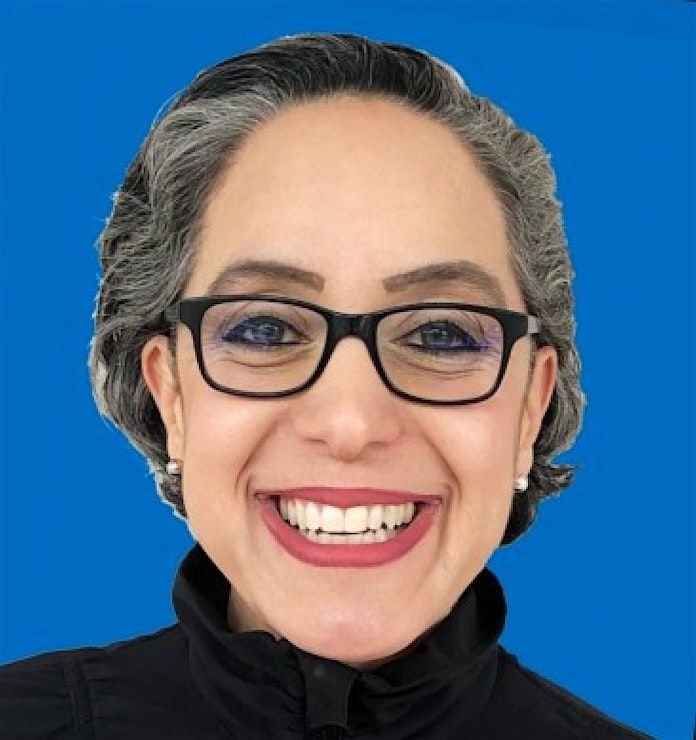
Roxana Marachi
Roxana Marachi is a Professor of Education at San José State University where she teaches courses in Educational Psychology for the Department of Teacher Education and Educational Policy for the Doctoral Program in Educational Leadership. Dr. Marachi’s early publications have focused on school climate, learning environments, and the evaluation of school violence prevention programs. Her more recent and current research interests are on the intersections of privatization and technology, strategies for the prevention of data harms, and the bridging of research-to-practice gaps in the integration of emerging technologies in education. is a Professor of Education at San José State University where she teaches courses in Educational Psychology for the Department of Teacher Education and Educational Policy for the Doctoral Program in Educational Leadership. Dr. Marachi’s early publications have focused on school climate, learning environments, and the evaluation of school violence prevention programs. Her more recent and current research interests are on the intersections of privatization and technology, strategies for the prevention of data harms, and the bridging of research-to-practice gaps in the integration of emerging technologies in education.
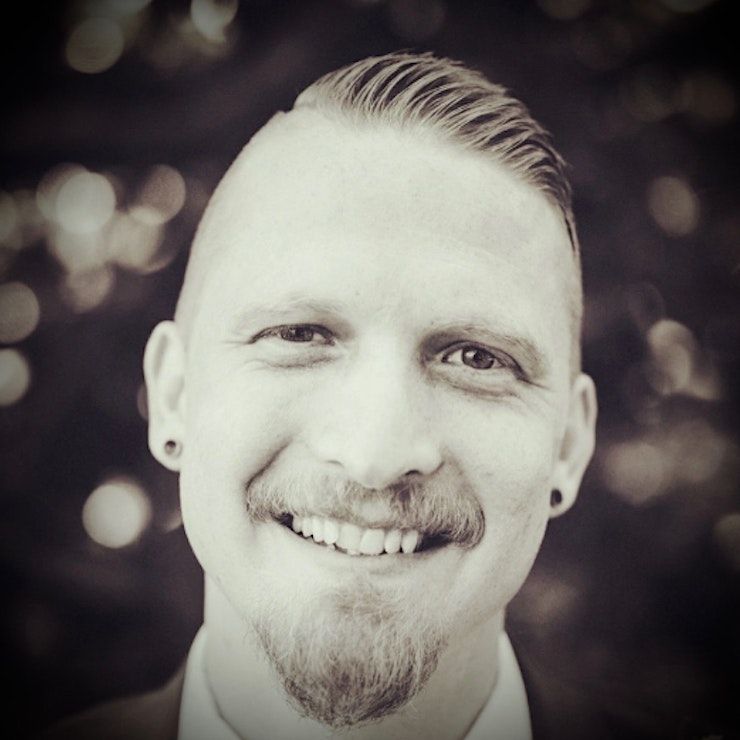
Andy Robinson
For the past 17 years, Andy Joseph “A.J.” Robinson has been a teacher at Title I public high schools in the Bay Area, creating and implementing primarily English/Language Arts & Performing Arts curricula, but also developing courses in Restorative Justice (as featured on the PBS Nova Documentary “School of the Future”), Ethnic Studies, Advisory, Film, and Media Arts. He has directed, produced, and co-written seven full-length hip-hop and poetry-based plays with high school students and has been a guest teacher in courses at Stanford, San José State, UC Berkeley, UCLA, UC Santa Cruz, and San Francisco State. The chapter of Culturally Sustaining Pedagogies: Teaching and Learning for Justice in a Changing World which includes research and analysis of the impact of Robinson’s work argues that in an educational environment that consistently alienates low-income youth of color, his classroom is “giving students a place to engage and belong.” (Alim & Paris, 2017, p. 130) More recently, his writing, curricula, and extracurricular programs were featured in the book Freedom Moves: Hip Hop Knowledges, Pedagogies, and Futures with his chapter “Hip Hop, Whiteness, & Critical Pedagogies in the Context of Black Lives Matter” (Alim, Chang, & Wong, 2023, p. 322). Currently, both a classroom teacher and mentor coaching other teachers, the focus of his current work is to impact schools, teacher development, and community arts spaces so more young people can experience the healing, communal, metamorphic power of culturally sustaining, trauma-informed writing and arts education.
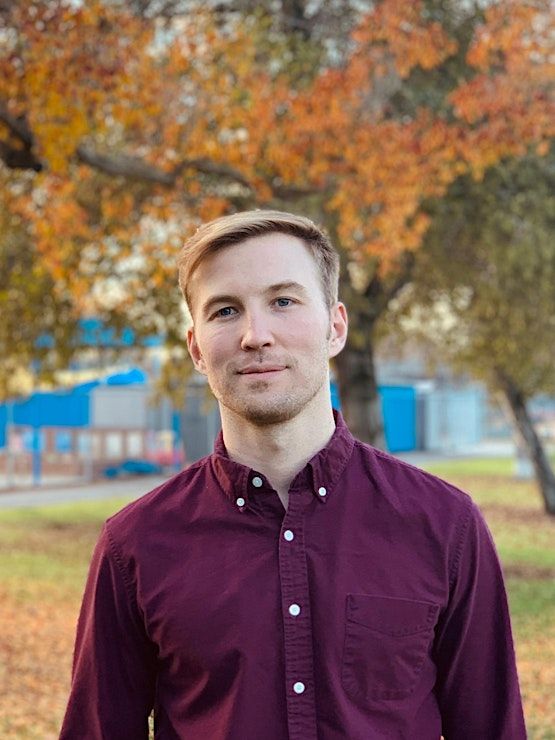
Scott Jarvie
Scott is an assistant professor in the Department of English and Comparative Literature at San Jose State, where he teaches courses in English Education for graduate students pursuing a teaching credential. A former director of the San Jose Area Writing Project, Scott joined the faculty at SJSU after receiving his Ph.D. in Curriculum, Instruction, and Teacher Education at Michigan State University, where he helped with the Red Cedar Writing Project. He is the author of Affect, Learning, and Teacher Education: Getting Stuck in Social Justice, written with Erica Colmenares. Prior to graduate study, Scott taught high school literature and creative writing courses in the Rio Grande Valley and in the city of Chicago.
Writing Project Director
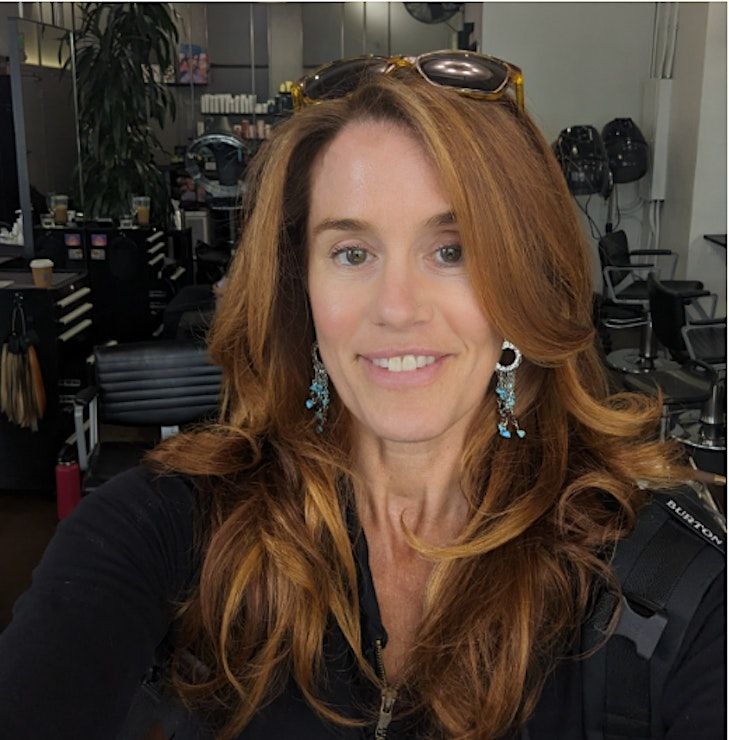
Bronwyn LaMay
Bronwyn has been a teacher, instructional coach, and administrator for over 20 years in the Bay area. She has taught middle and high school English in Oakland, Hayward, East Side Union, and Santa Clara. She has her PhD from Stanford in English and Literacy Curriculum, her MA from Mills College in Educational Leadership, and her BA in English from UCLA. A few years ago, she published what began as a literacy curriculum that she co-created with her students; it revolved around their self-narratives on the topic of love. The book, Personal Narrative, Revised: Writing Love and Agency in the High School Classroom, was awarded NCTE’s David H. Russell Award for Distinguished Research in the Teaching of English for 2017. Bronwyn currently lectures in the Departments of English and Teacher Education at San José State, and has worked with the Writing Project as a teacher consultant and participant for many years prior to becoming a director.
Parking & Sign-in Information
The nearest parking garage to Sweeney Hall is the South Garage located at 7th & San Salvador Streets. Note that participating teachers will have to pay for parking should they choose this lot. Pay stations are located on floors 3 and above within the garage and on the ground floor just outside the garage next to Sweeney Hall. You will need to know your license plate information to pay for parking. The easiest pay station to use is the ground floor pay station in between the garage and Sweeney Hall. Follow the red arrows on the map below to navigate from the garage to the pay station and into the courtyard where our registration tables will be set up.
There are several access points to the Sweeney Hall courtyard, but the nearest one to our registration tables is down Paseo de César E Chávez and through the main entrance of Sweeney Hall. We will provide coffee and croissants to any teachers who plan to attend our Super Saturday lesson with Marty Brandt ahead of our Roundtable event. Please plan to give yourself at least 5-10 minutes to pay for parking and get to the registration tables and at least an additional 10 minutes to sign in, grab coffee, and mingle. We recommend arriving at the university no less than 20 minutes before our lesson pre-brief or lunch begins in order to give yourself enough time to settle before our day's events.
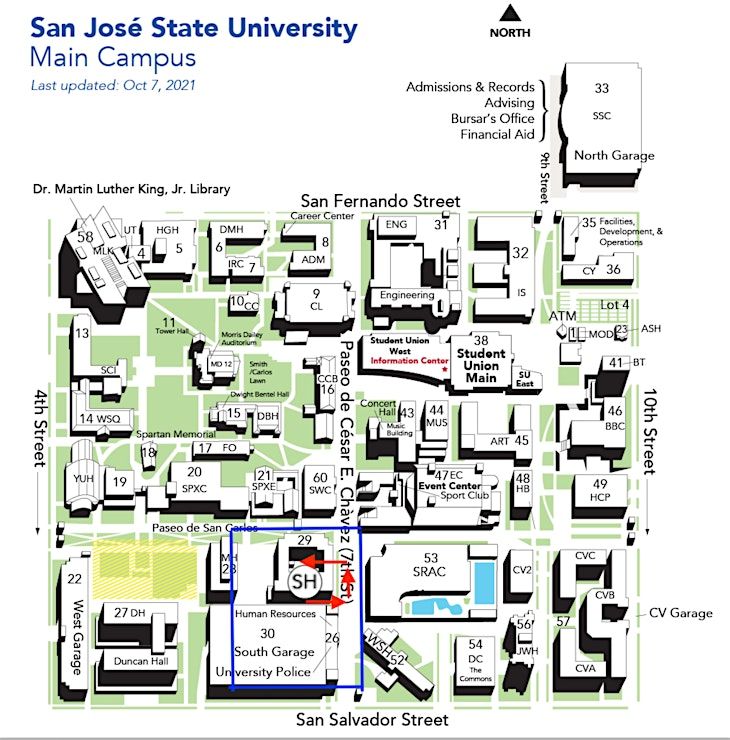
Monday
Monday morning
Info: Keynote Address, Professor Tom Moriarty, San José State University
Monday afternoon
Info: "Why Humans Write – Comparing AI and Human-Written Texts," Bronwyn LaMay, San Lorenzo High School, San José State University
Tuesday
Morning
Info: Special Guest John Warner
Afternoon
Info: "Exploring Ethical AI Use in Curriculum & Instruction," Andy Robinson, East Palo Alto Academy High School
Wednesday
Morning
Info: "Teaching Ethical Imagination with Speculative Fiction," Scott Jarvie, San José State University
Afternoon
Info: We will devote the afternoon to implementation and planning time before ending the day with structured writing and reflection.
Thursday
Morning
Info: Teaching Ethical Imagination with Speculative Fiction
Scott Jarvie will lead us in a guided activity, including creative writing, to explore the potential of speculative fiction to help students in English classrooms consider humanity’s relationship to technology. Teachers will be invited to participate in a guided discussion of classic sci-fi texts like Frankenstein and 1984, with an eye for how they ask readers to consider the futures that technological inventions move us towards. Together, teachers will have the chance to write their own speculative fiction short stories, guided by Allied Media’s A People’s Guide to AI, and think about how they might develop the ethical imaginaries of students through creative writing.
Afternoon
Info: We will devote the afternoon to teacher implementation and planning time before ending the day with structured writing and reflection.
Event Venue & Nearby Stays
Sweeney Hall, San Jose State University, San Jose, United States
USD 0.00


